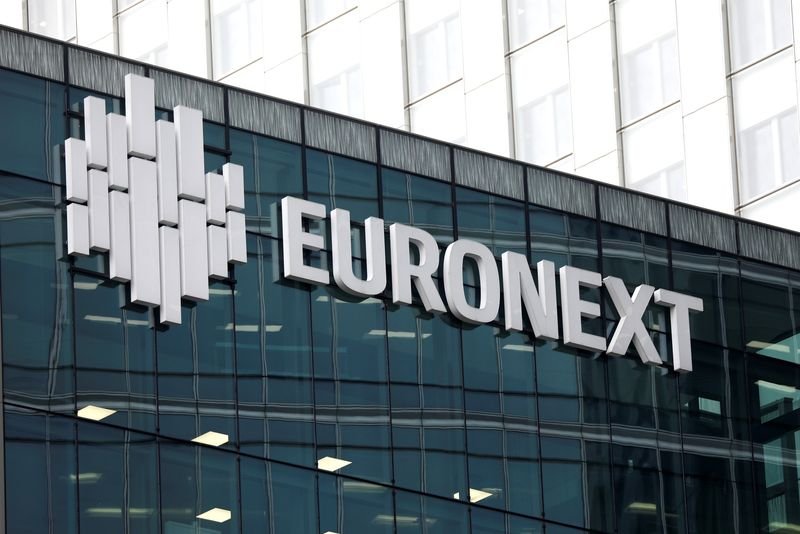UK businesses are still not fully GDPR compliant
Published by Gbaf News
Posted on August 16, 2018
4 min readLast updated: January 21, 2026

Published by Gbaf News
Posted on August 16, 2018
4 min readLast updated: January 21, 2026

Despite GDPR now being in full effect, new research has revealed how many businesses are still not fully GDPR compliant.
A survey of 1,021 UK workers carried out by leading digital marketing agency, MarketingSignals.com, revealed that more than 1 in 3 businesses (37%) confess they are still not following the General Data Protection Regulation (GDPR).
When quizzed on the ways businesses are not following this regulation, 35% said they are still sending marketing emails without the expressed consent.
31% revealed they still have the data of those who haven’t agreed to opt in to having their data stored.
More than 1 in 5 (27%) revealed that they haven’t secured the data in case of a ransomware attack.
This was followed by a further 22% who say they have a longer process for those choosing to opt out from receiving information.
Hidden privacy-friendly choices (14%) rounded off the list of the top five ways businesses are still not GDPR compliant.
Gareth Hoyle, managing director at MarketingSignals.com comments: “The research shows there are many ways that businesses are admitting to not following the newly enforced GDPR regulations. GDPR is the most fundamental change to ever happen to data privacy, so it is imperative that businesses follow this and complete the process as soon as possible.
“Businesses need to understand that acting responsibly and ethically with customer data is crucial to protect and enhance brand reputation and ensure customer trust. Not only this, but it will enhance the quality of data collected which is a good thing for UK businesses.”
Surprisingly, 17% admitted they are still unsure as to what the benefits of being GDPR compliant are.
According to the survey, those working in technology were revealed as the worst culprits when it comes to GDPR compliance with 42%, followed by those within the retail sector (26%).
For more information on Marketing Signals visit www.marketingsignals.com
Despite GDPR now being in full effect, new research has revealed how many businesses are still not fully GDPR compliant.
A survey of 1,021 UK workers carried out by leading digital marketing agency, MarketingSignals.com, revealed that more than 1 in 3 businesses (37%) confess they are still not following the General Data Protection Regulation (GDPR).
When quizzed on the ways businesses are not following this regulation, 35% said they are still sending marketing emails without the expressed consent.
31% revealed they still have the data of those who haven’t agreed to opt in to having their data stored.
More than 1 in 5 (27%) revealed that they haven’t secured the data in case of a ransomware attack.
This was followed by a further 22% who say they have a longer process for those choosing to opt out from receiving information.
Hidden privacy-friendly choices (14%) rounded off the list of the top five ways businesses are still not GDPR compliant.
Gareth Hoyle, managing director at MarketingSignals.com comments: “The research shows there are many ways that businesses are admitting to not following the newly enforced GDPR regulations. GDPR is the most fundamental change to ever happen to data privacy, so it is imperative that businesses follow this and complete the process as soon as possible.
“Businesses need to understand that acting responsibly and ethically with customer data is crucial to protect and enhance brand reputation and ensure customer trust. Not only this, but it will enhance the quality of data collected which is a good thing for UK businesses.”
Surprisingly, 17% admitted they are still unsure as to what the benefits of being GDPR compliant are.
According to the survey, those working in technology were revealed as the worst culprits when it comes to GDPR compliance with 42%, followed by those within the retail sector (26%).
For more information on Marketing Signals visit www.marketingsignals.com
Explore more articles in the Business category











